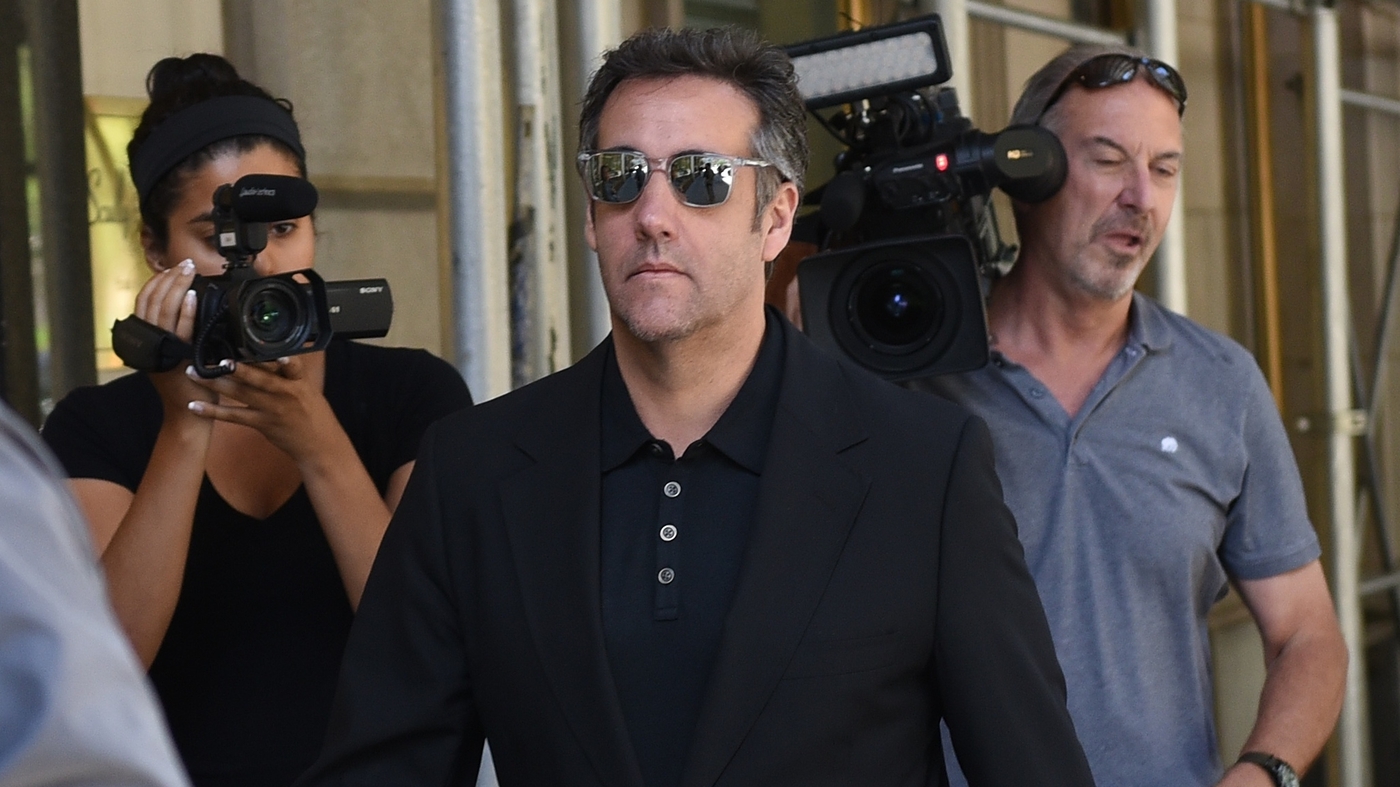So let’s say you’re working on a case. First, you need to get evidence. If you’re on the defense side, you get it from the prosecution. If you’re the prosecutor, you get it from law enforcement. And if you’re the defense, once you get it, you might want to test it, or have it inspected, or at the very least speak to your client about it.
And as you investigate these issues, you’ll want to speak to potential witnesses, gather facts, have a conversation with the opposing counsel about everything you have, and see if you can work out a reasonable deal. If you are at an impasse, you go to trial.
So how long should that last?
A few weeks? You might be waiting on lab results, so a few months?
Ok, let’s set a status conference for 2 months from now.
Ok, now let’s do that for another case. Can’t do that same date and time 2 months from now, so let’s set it for the next day, or the day prior, or at a different time.
Now let’s repeat this 100 times, because you have a caseload.
Except, of course, that case load is staggered. Some cases resolve while others get signed up.
And a handful do have to go to trial. Trials kind of put all of the above tasks on hold - we may need to block off 2 or 3 whole days for just one case.
And remember that dozens of lawyers appear before this judge, just as practitioners appear in front of lots of different judges, many in separate counties. So a judge has a much larger docket than any one lawyer probably has cases, but a lawyer may have to be in 2 places at once.
That’s why things move slowly. It’s by necessity.
(If everyone insisted on invoking speedy trial rights, the system would collapse. But first there’d be a ton of trials without relevant evidence available for jurors to consider)
